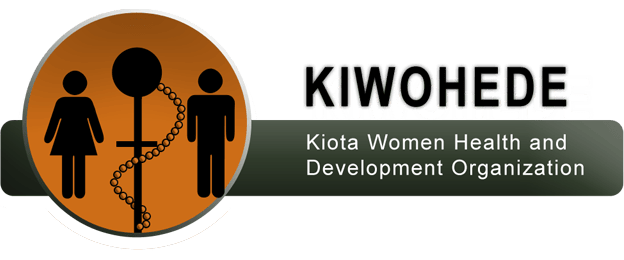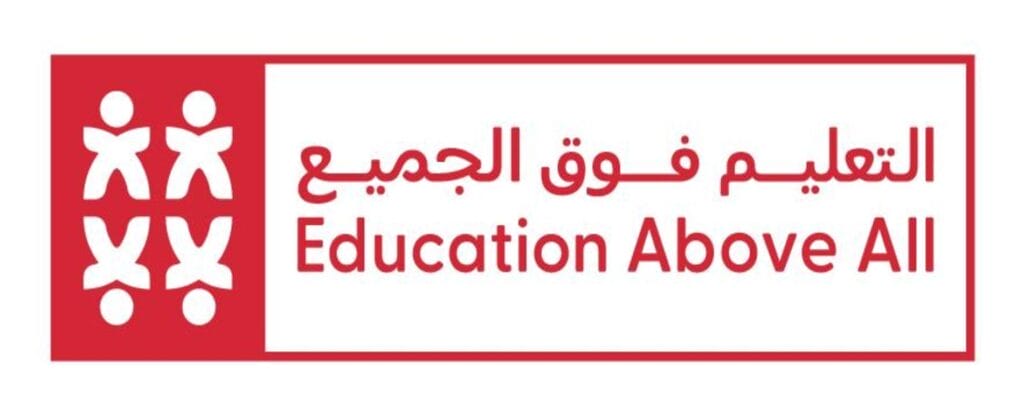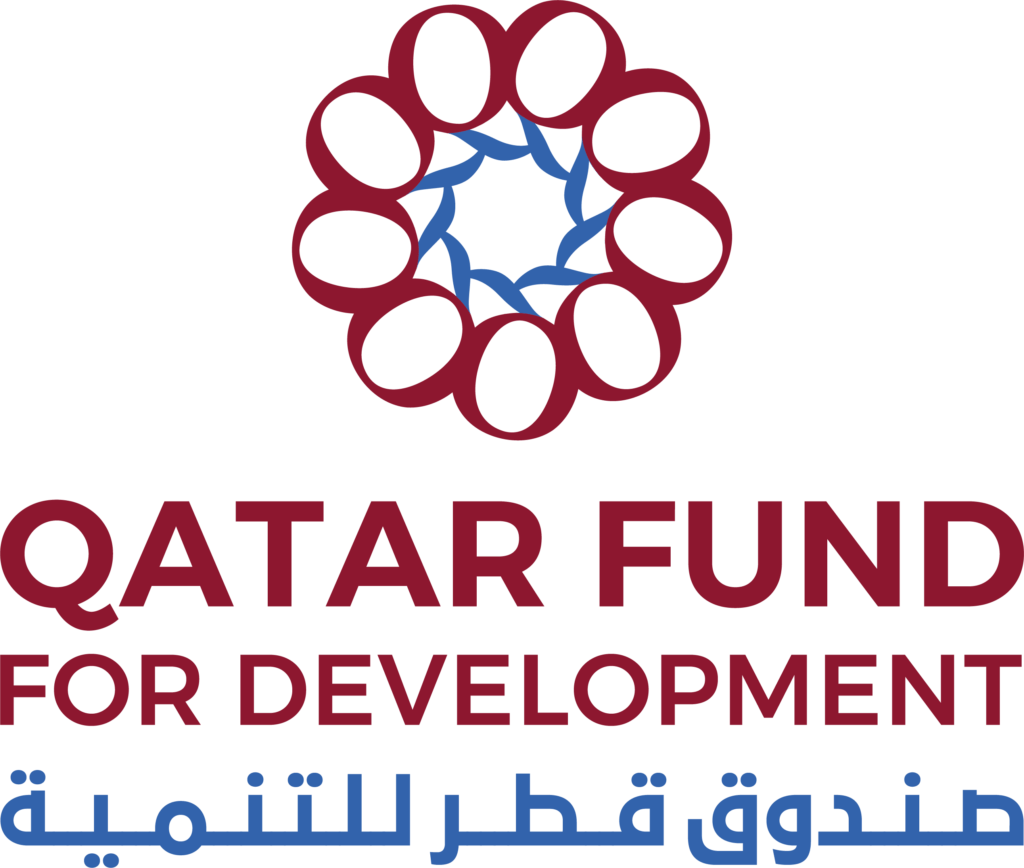PAMOJA TUDUMISHE ELIMU: Together to strengthen Quality Education and Children Retention project aims at engaging and retaining students who are at high risk and most at risk to dropping out of school, in quality primary education. The project works in rural areas in Kenya (Migori and Narok Counties) and marginalized urban areas in Tanzania (Dar es Salaam - Temeke and Kinondoni Municipalities).
In Tanzania and Kenya, there are several significant barriers that affect the likelihood of children dropping out of school[1]. In Tanzania, at least one in every five primary school age children are out of school, primary net completion rate is only 29.6% at national level in Tanzania, and the 39.2% in Dar es Salaam. Education outcomes remain low, with 28% of standard seven leavers lacking ability to read, write and count.
Likewise, the enrolment rate in Kenya in primary school is at 89.2%, and the retention rate in class 8 is 78.9% for boys, compared to 77.0% for girls.
Factors that predispose learners to dropping out of school include, early pregnancy, inhibitive cultural practices (child marriages, female genital mutilation/FGM), unmet special needs for slow learners and for CwD, HIV and AIDS, drugs, and substance abuse and gender-based violence (GBV). Other factors include corporal punishment, forced repetition of classes, child labour, lack of parental involvement and recruitment into violent extremism. Moreover, from the supply side, the shortage of quality teachers, inadequate teaching/learning materials, poor/unsafe learning environments, inadequate facilities, lack of gender-sensitive facilities, and a lack of safe water for drinking and hand washing, are still affecting the likelihood of children’s dropping out. By involving children and the entire “educational community”, the project aims to reduce children’s dropout rates and enhance quality education.
Education is a collective responsibility, not only parents, families and schools are accountable for ensuring the right to access a quality education for children. Therefore, target interventions are articulated in three main areas: school level, community-based interventions, and duty bearers’ involvement. The former set of interventions will focus on cultivating better trained teachers and the delivery of specific support services for the most at-risk students. Community interventions will help mitigate risks associated to background and demographics including disability, gender-specific vulnerabilities, and protection concerns. The latter will strengthen the capacities of duty bearers to enforce education policies and address barriers affecting access and retention by supporting the improvement of the Education Management Information System (NEMIS in Kenya and BEMIS/S.I.S. in Tanzania), in collaboration with the PO-RALG (President's Office Regional Administration and Local Government) in Tanzania and with the Ministry of Education in both countries.
[1] [1] National Education Sector Strategic Plan, 2018 – 2022 reports shortage of quality teachers, dilapidated/inadequate/insufficient facilities, lack of gender-sensitive facilities, of safe water for drinking and hand washing, inadequate teaching/learning materials and poor/unsafe learning environments.



